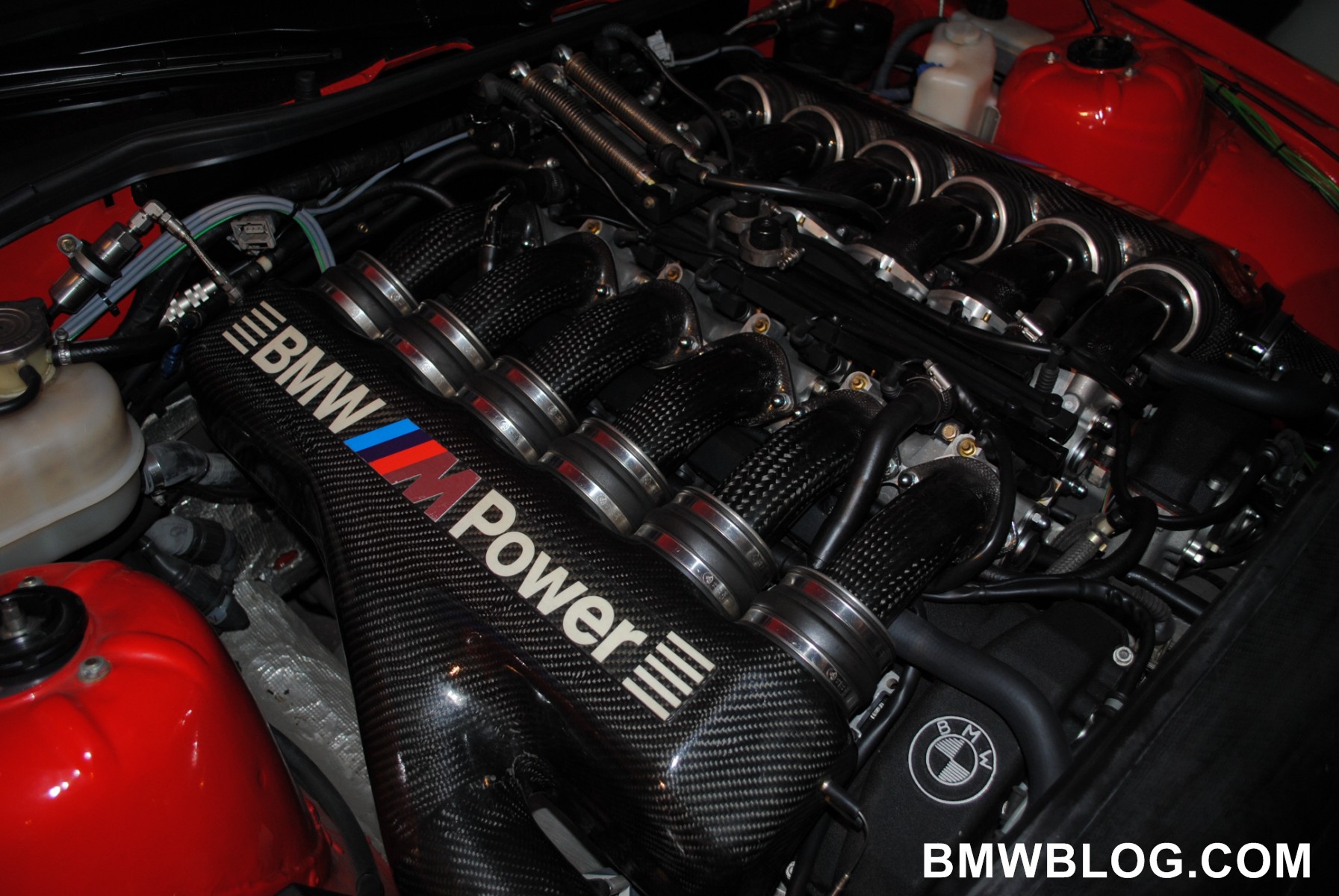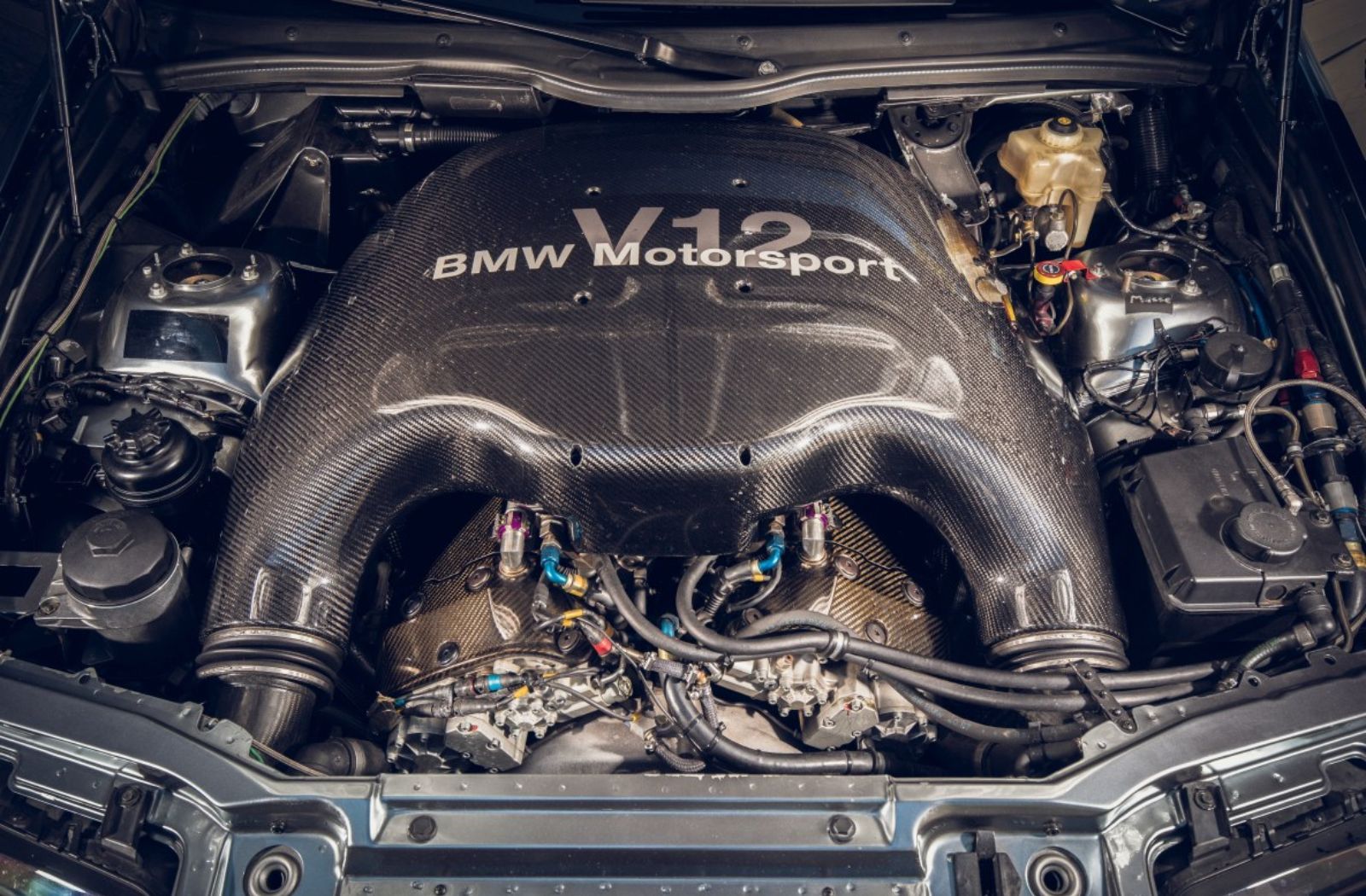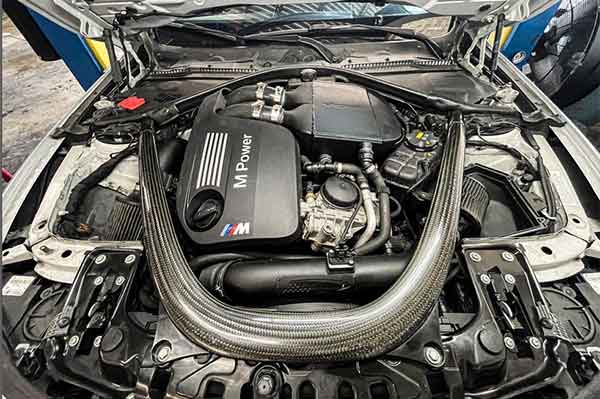Unveiling the Intricacies of Next-Generation Power Units: a Deep Dive Into Advanced Engine Designs and Developments
As we stand on the precipice of a new period in transportation, the intricacies of next-generation engine styles bid us to check out the innovative technologies and advancements that promise to redefine the driving experience. Digging much deeper right into the realms of exhaust control, intelligent engine monitoring systems, and the horizon of power system development, we locate ourselves on the cusp of a transformation that guarantees to improve the landscape of movement as we recognize it.
Development of Engine Materials

The change in the direction of progressed engine products has actually likewise allowed designers to design engines with higher power outcomes while keeping gas performance standards. The use of lightweight materials minimizes the total weight of the engine, leading to boosted gas economic climate and lower exhausts. In addition, advancements in products modern technology have actually enabled for much better thermal administration within engines, causing raised integrity and long life.
Turbocharging and Supercharging Technologies
Just How do Turbocharging and Supercharging Technologies change engine efficiency and performance in contemporary cars? Turbocharging and supercharging are innovations that significantly enhance engine efficiency by enhancing the quantity of air intake right into the burning chamber. Turbocharging attains this by utilizing a wind turbine driven by exhaust gases to pressurize the intake air, while supercharging uses a belt- or chain-driven compressor to accomplish the same result.
These innovations enable smaller sized, much more fuel-efficient engines to generate power comparable to bigger ones, referred to as downsizing. Forcibly more air right into the cylinders, supercharging and turbocharging enhance burning effectiveness, leading to increased horsepower and torque result without a significant rise in engine size. This results in much better velocity, hauling capability, and total driving performance.
Additionally, supercharging and turbocharging add to boosted fuel effectiveness by enabling the usage of smaller engines that consume much less gas under regular driving problems - bmw engine. This mix of enhanced performance and effectiveness has actually made turbocharging and turbo charging integral components of lots of modern-day engine layouts
Emission Control and Environmental Impact
With enhancing global worries pertaining to air quality and environmental sustainability, the implementation of discharge control modern technologies in automobiles plays a crucial role in decreasing dangerous toxins launched right into the atmosphere. Modern vehicles are geared up with advanced emission control systems that help minimize the environmental impact of automotive operations. Catalytic converters, as an example, are designed to convert hazardous gases such as carbon monoxide gas, nitrogen oxides, and hydrocarbons right into less damaging compounds like carbon dioxide and water vapor.
In addition, advancements in engine technology, such as the assimilation of exhaust gas recirculation systems and discerning catalytic decrease, have dramatically added to decreasing discharges. These innovations operate in tandem to optimize burning effectiveness and reduce the release of unsafe toxins into the air. Additionally, the development of hybrid and electrical automobiles represents an essential action in the direction of minimizing the total environmental footprint of the transport market.
Intelligent Engine Administration Solution

In addition, these systems make it possible for cars to meet rigid emissions requirements without compromising performance, providing an extra eco-friendly driving experience. The integration of expert system and machine understanding abilities in engine monitoring systems continues to press the borders of what is possible, bring about further renovations in efficiency, dependability, and total car performance. bmw engine. As auto innovation breakthroughs, intelligent engine administration systems will certainly play an essential role fit the future of transportation in the direction of an extra efficient and lasting direction
Future Trends in Power Device Growth
As smart engine monitoring systems lead the means for improved control and optimization in modern cars, future trends in power unit development are positioned to redefine the landscape of auto propulsion modern technologies. These different power resources supply boosted effectiveness and performance while aligning with stringent environmental regulations.
Another significant fad is the combination of sophisticated materials and making strategies. Lightweight materials such as carbon fiber and light weight aluminum are being used to decrease overall car weight, enhancing gas effectiveness and performance. In addition, improvements in 3D printing and additive manufacturing are enabling the production of complex engine elements with higher precision and durability.
In addition, expert system and machine knowing are playing an essential function in optimizing power device performance. These technologies allow for real-time tracking and flexible control, causing more dependable and reliable power shipment. On the whole, future trends in power device development are tailored in the direction of sustainability, effectiveness, and efficiency, driving the auto market in the direction of a new period of propulsion technologies.

Conclusion
Finally, the improvements in engine materials, turbocharging, view it discharge control, and intelligent administration systems have actually paved the means for next-generation power devices. These developments have not just improved efficiency and performance but additionally decreased ecological impact. As innovation remains to develop, future patterns in power device directory development are likely to concentrate on further improving sustainability and maximizing power output. The elaborate styles and advancements in modern engines showcase the continuous advancement of automotive innovation.
Discovering the progressive developments in engine materials has been critical in improving the efficiency and effectiveness of modern engines. Over the years, the development of engine materials has played a vital function in pressing the limits of what engines can achieve.The change towards progressed engine products has actually additionally made it possible for designers to create engines with higher power outputs while keeping fuel effectiveness criteria.The implementation of intelligent engine administration systems in modern vehicles has actually transformed home the means engines are managed and enhanced for performance and efficiency. By accumulating information in real-time and assessing it with innovative formulas, intelligent engine management systems can adjust to driving designs, environmental factors, and engine health to optimize power outcome while reducing gas consumption and exhausts.